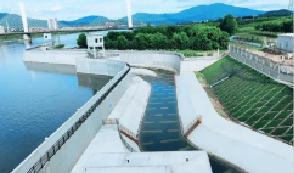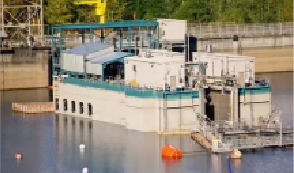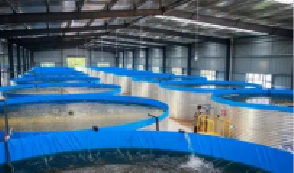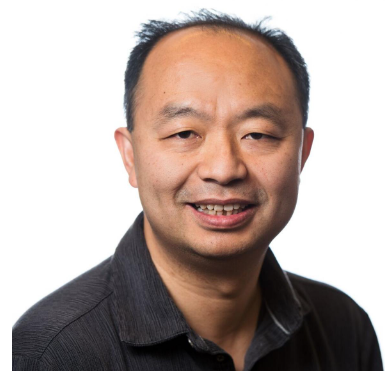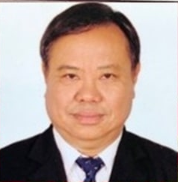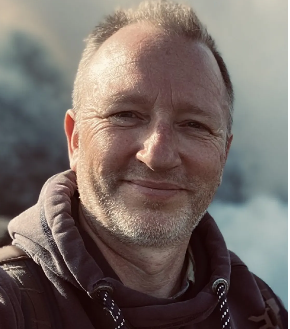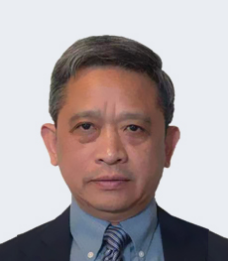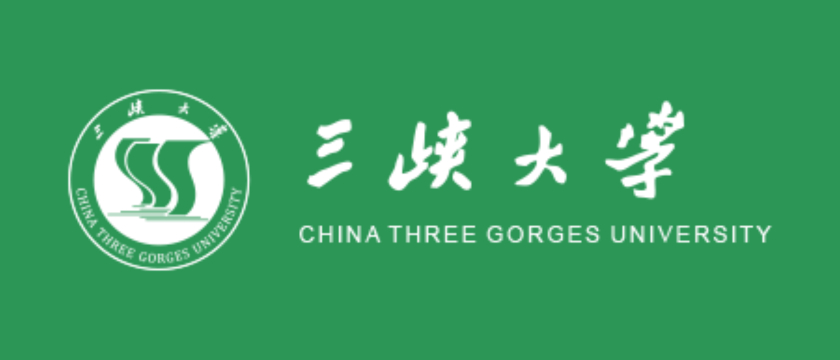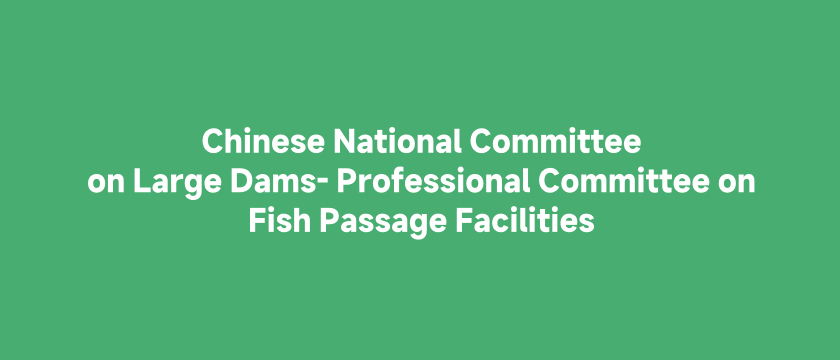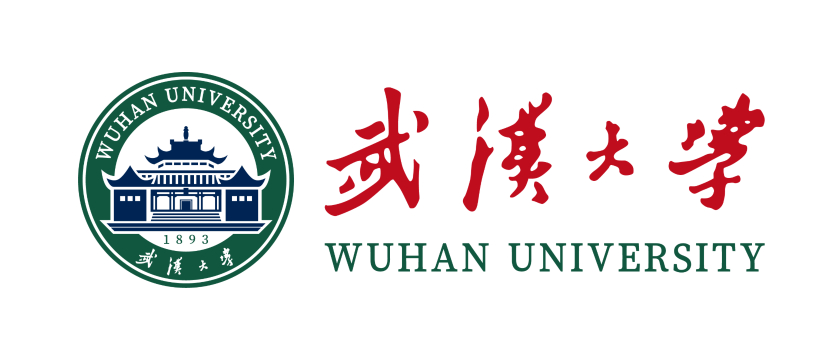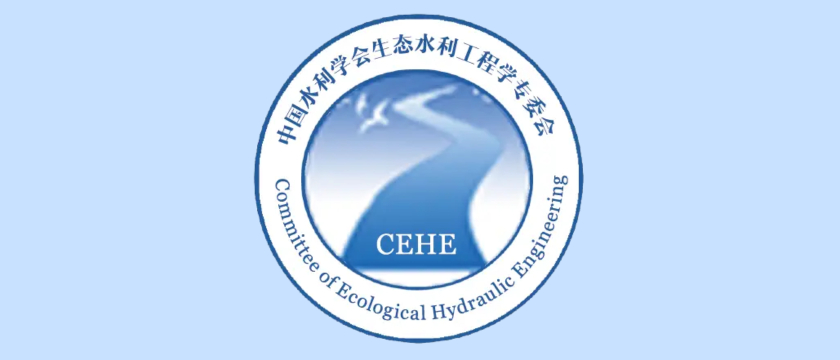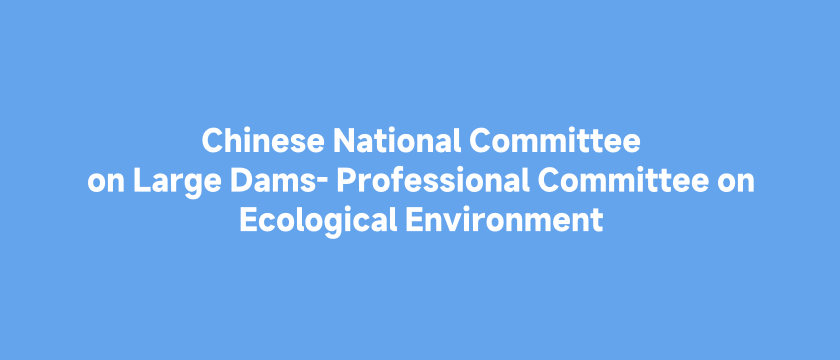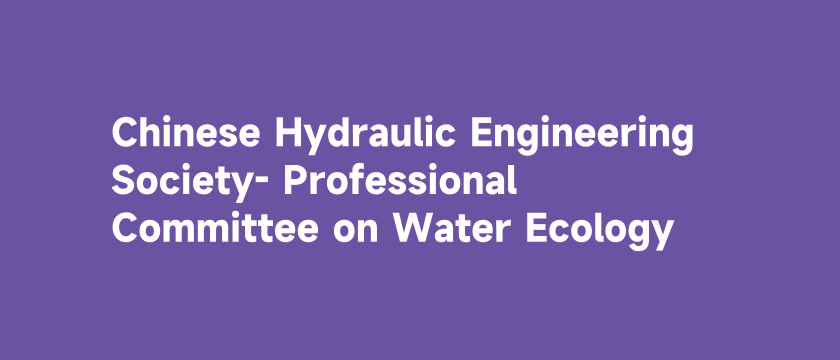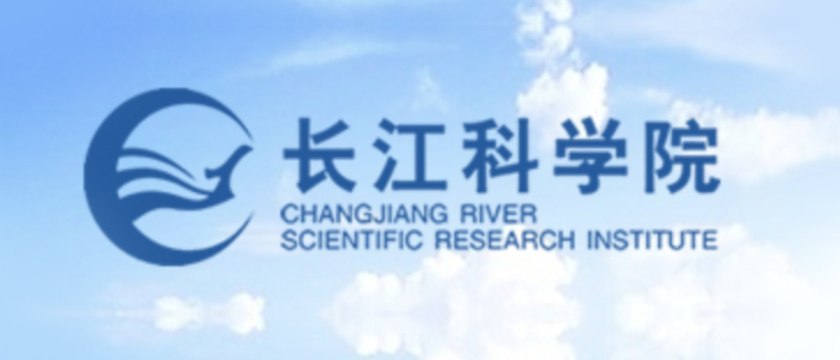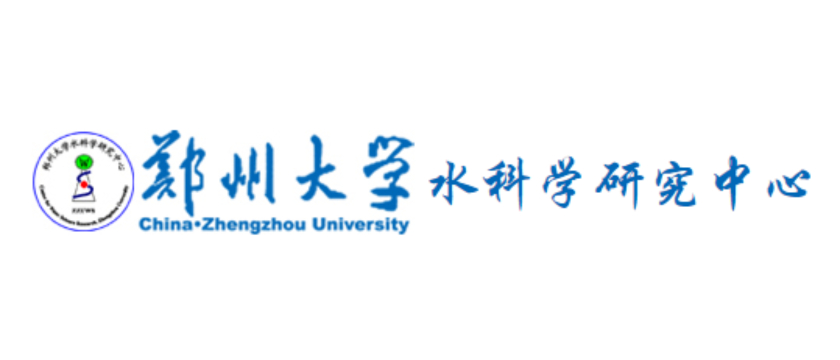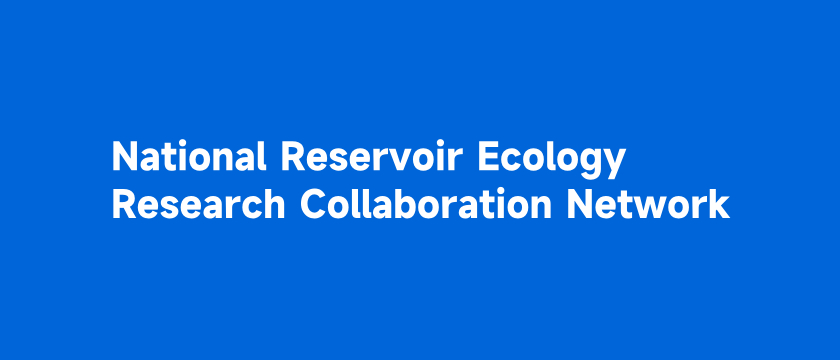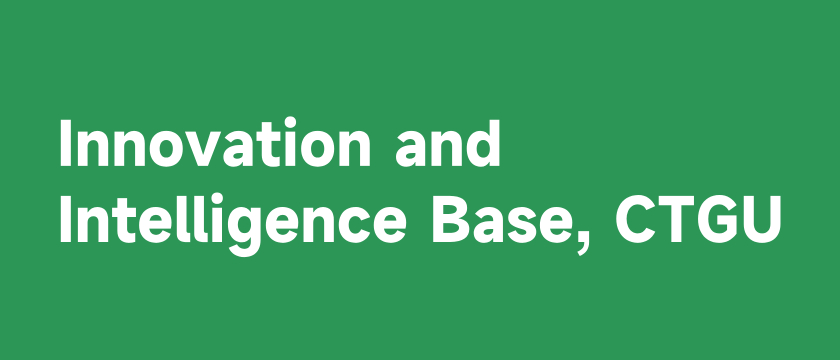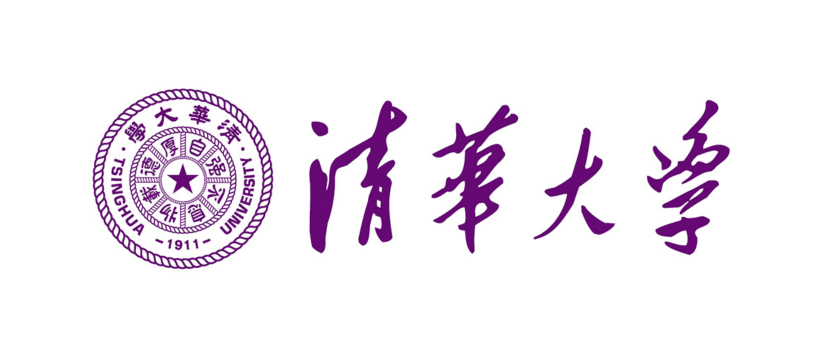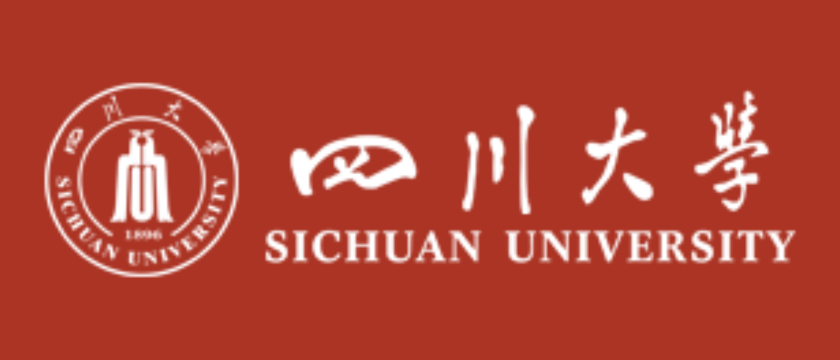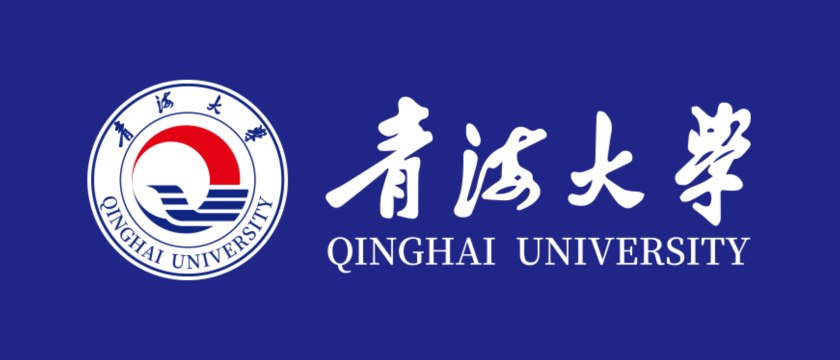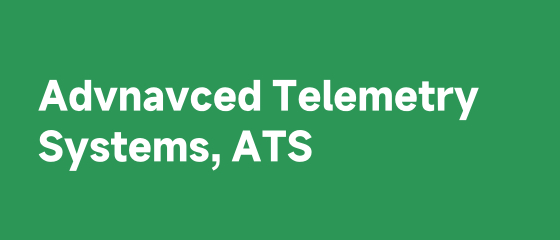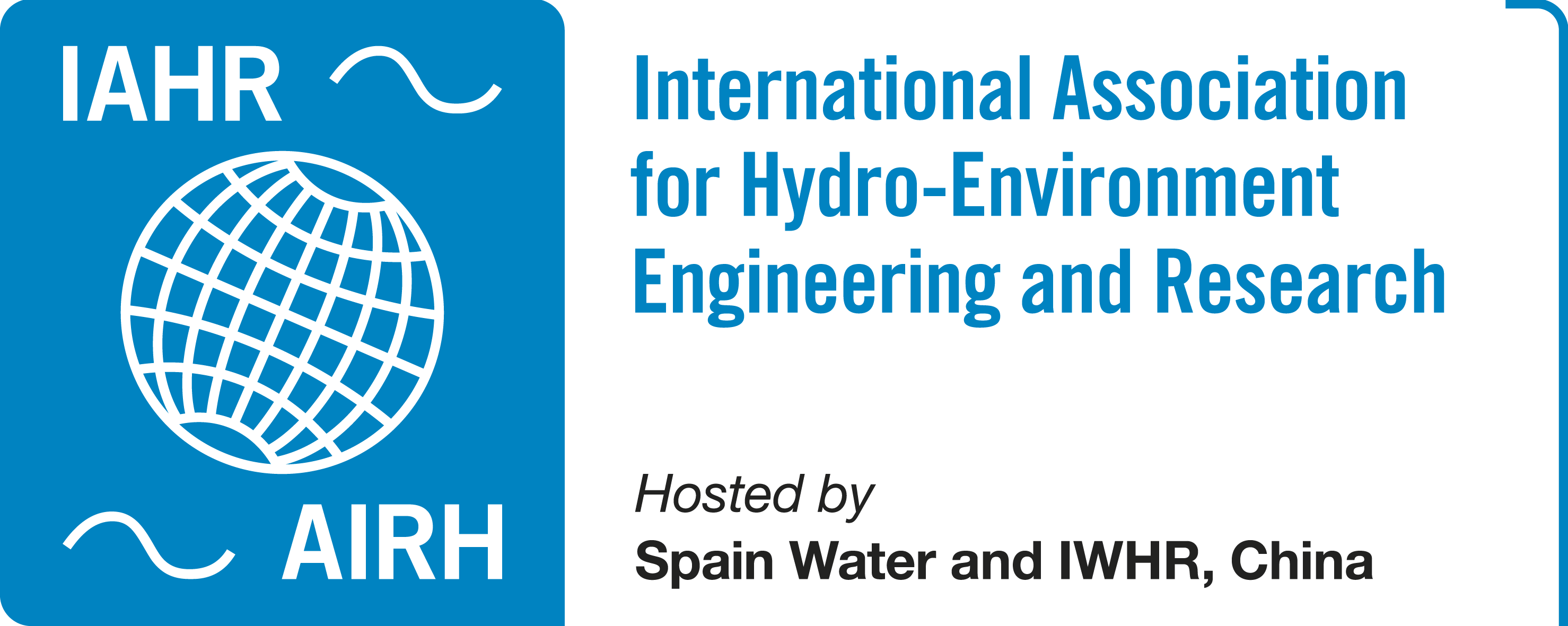Oudom Phonekhampheng
Dr Oudom Phongkhampheng, Research Manager FishTech Project, National University of Laos
In 2007, the National University of Laos in collaboration with Australian research and funding partners, started a research programe to develop fishway design criteria based on Mekong floodplain fish species swimming abilities and behavior. The work initially focused on low-head irrigation and floodgate structures and was based on short-sections of fishway models tested in the field. This led to the construction of a full-scale fishway at Pak Peung in 2010, which was assessed and found to be suitable for use on floodplains in Lao PDR. Further work on downstream passage, passage at high dams and assessment of the benefits of providing fish passage continued through to 2018. Since 2018 to the present, the work of the research team has concentrated on broadening stakeholder involvement, developing fishway design processes and building demonstrations fishways to promote local uptake. The project has been very successful, with orgainsation such as the World Bank, Asian Development Bank, Governments of Aistralia, the Netherlands and Japan funding fishways demonstration sites, along with the expansion of the work into Cambodia, Vietnam, Thailand, Myanmar and Indonesia.


